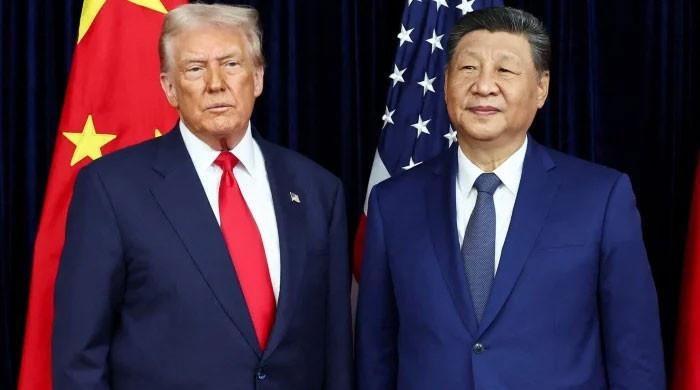China begins trial of state-run digital currency in four major cities
China’s central bank has stepped up its development of the e-RMB, which is set to be the first digital currency operated by a major economy
May 05, 2020

China has started piloting its new digital currency in four major cities including Shenzhen, Suzhou, Chengdu as well as Xiong’an, and areas that will host some of the events for the 2022 Beijing Winter Olympics.
According to the British publication Guardian, in recent months, China’s central bank has stepped up its development of the e-RMB, which is set to be the first digital currency operated by a major economy.
State-media outlet China Daily also reported that it had been formally adopted into the cities’ monetary systems, with some government employees and public servants to receive their salaries in the digital currency from May.
Related post: China aiming for centralised digital currency after bitcoin crackdown
The introduction of the digital currency is perceived as a Chinese move to counter the impact of the US dollar and to provide investors and businesses with a choice--an alternative to the dollar settlement.
"A sovereign digital currency provides a functional alternative to the dollar settlement system and blunts the impact of any sanctions or threats of exclusion both at a country and company level. It may also facilitate integration into globally traded currency markets with a reduced risk of politically inspired disruption,” a recent opinion piece by China Daily highlighted.
Some reports also claim businesses including McDonald’s and Starbucks have agreed to be part of the trial, however, in a statement, Starbucks told the Guardian it was not a participant. McDonald’s has been contacted for a comment.
Digital payment platforms are already widespread in China, namely Alipay, owned by Alibaba’s Ant Financial, and WeChat Pay, owned by Tencent, but they do not replace the existing currency.
However, a decline in cash usage is expected to continue amid the growing popularity of digital payment platforms and as people avoid physical contact from fear of the novel coronavirus which originated from China and killed scores of people before spreading to the rest of the world.











